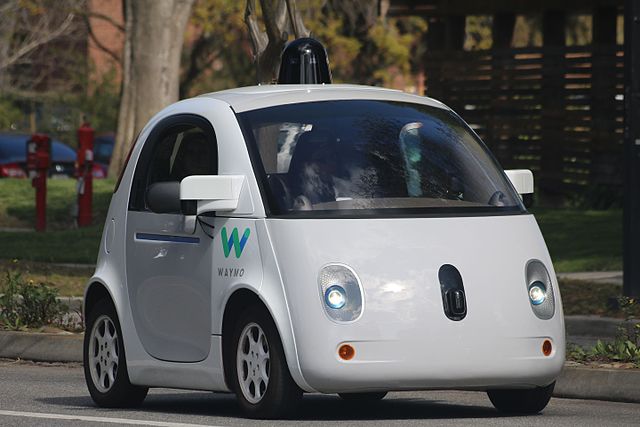
By Grendelkhan – Own work, CC BY-SA 4.0, https://commons.wikimedia.org/w/index.php?curid=56611386
San Francisco-based transportation network company Lyft announced today (7/21/2017) that it is setting up its own facility to develop autonomous vehicle technology. While Lyft has partnered with well-known tech companies and automakers that are making self-driving cars, the ride-hailing service perhaps enticed by predictions of a $7 trillion autonomous driving industry, sees an opportunity to make the software and hardware themselves to enable a car to be autonomous. Raj Kapoor, chief strategy officer at Lyft, said they were motivated to take on autonomous design in order to stay competitive in the rapidly evolving field of automation and undoubtedly to catch up to chief rival Uber’s advancements. Lyft is now moving forward with building its own technology stack so it can operate its own self-driving cars.
Lyft will be employing its own team of 200 by the end of the year and opening a new 90,000-square-foot autonomous driving facility in Palo Alto, California. Lyft is calling its Palo Alto unit “Level Five,” the industry term for the most advanced fully-autonomous vehicles. However, the reality is that detailed maps won’t be available in many places to guide the autonomous vehicles, so humans will still be in the driver’s seat at first. Lyft, which offers its ride-hailing service in 350 cities worldwide, has previously partnered with illustrious companies like Alphabet’s Waymo, start-up NuTonomy, Jaguar Land Rover, and General Motors who is a big investor in Lyft. The proposed marketing strategy was the automakers would manufacture the cars, the tech firms would develop the sensors and mapping equipment, and Lyft would provide the network through which these self-driving cars would be deployed and share the earning. In the new order of things, Lyft who is a later player to this market has stated it is not going to take on the self-driving challenges alone. Alternatively, it has announced an Open Platform Initiative, in order to develop autonomous vehicle technology in cooperation with its partners. “We want to bring the whole industry together with this, and we think there’s a unique opportunity in time right now for Lyft to become a leader while doing it,” said CSO Raj Kapoor.










